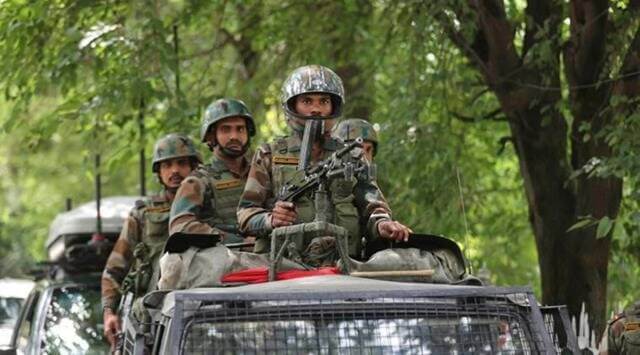[ad_1]
THE MONSOON session of the Maharashtra legislature will be held in Mumbai from July 17 to August 4, the Business Advisory Committee (BAC) decided during its meeting on Friday.
The decision was taken at the BAC meeting held by Legislative Assembly Speaker Rahul Narvekar and Legislative Council Deputy Speaker Neelam Gorhe.
During the meeting, Deputy Chief Minister Devendra Fadnavis advised documenting the century-long journey of the legislature. Gorhe also suggested preserving the glorious history of the legislature through bibliography and to organise activities that would shed light on important events and occasions from the working of the legislature till date through various seminars.
On the suggestion by Jayant Patil, Ashok Chavan and Balasaheb Thorat regarding presentation of congratulatory resolution in view of Marathwada Muktisangram Amrit Mahotsav in the first week of the session, Narvekar decided to propose a resolution expressing his consent.
“During the 19-day period from July 17 to August 4, the actual working days of the session will be 15 and four days will be public holidays (Saturday, Sunday),” an official said.
[ad_2]











